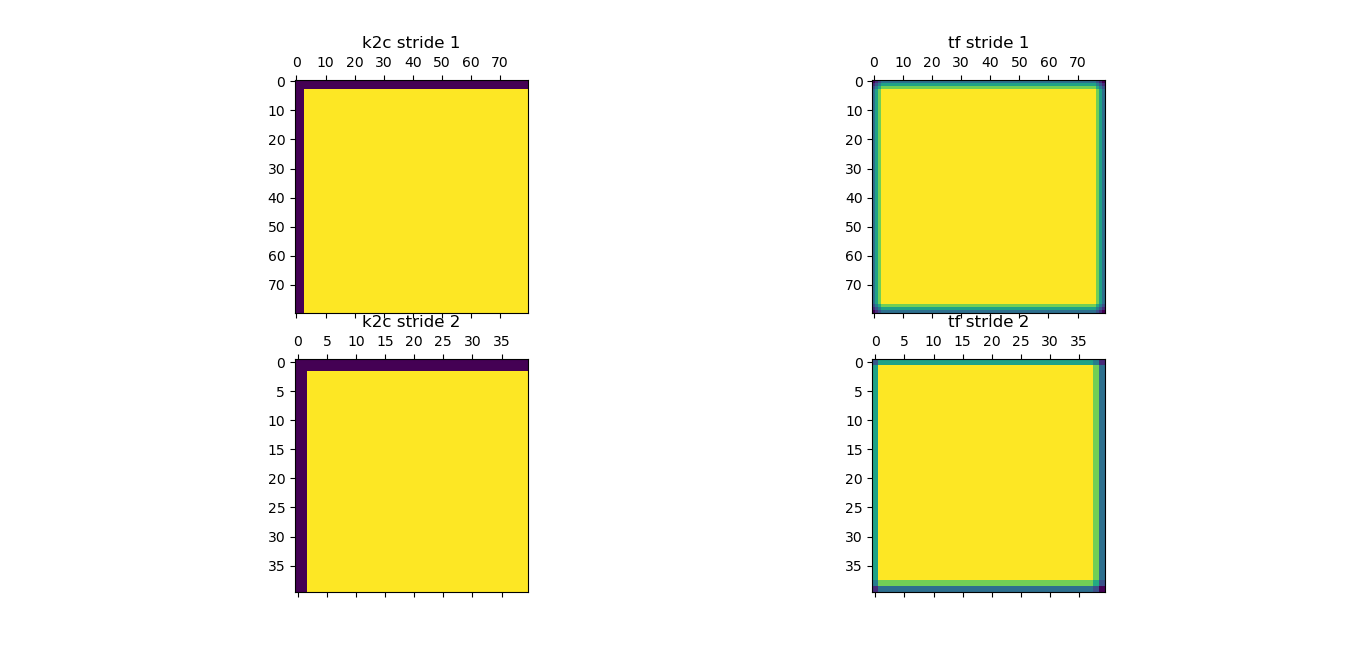keras2c is a library for deploying keras neural networks in C99, using only standard libraries. It is designed to be as simple as possible for real time applications.
After cloning the repo, install the necessary packages with pip install -r requirements.txt.
keras2c can be used from the command line:
python -m keras2c [-h] [-m] [-t] model_path function_name
A library for converting the forward pass (inference) part of a keras model to
a C function
positional arguments:
model_path File path to saved keras .h5 model file
function_name What to name the resulting C function
optional arguments:
-h, --help show this help message and exit
-m, --malloc Use dynamic memory for large arrays. Weights will be
saved to .csv files that will be loaded at runtime
-t , --num_tests Number of tests to generate. Default is 10It can also be used with a python environment in the following manner:
from keras2c import k2c
k2c(model, function_name, malloc=False, num_tests=10, verbose=True)For more information, see Installation and Usage
- Core Layers: Dense, Activation, Dropout, Flatten, Input, Reshape, Permute, RepeatVector, ActivityRegularization, SpatialDropout1D, SpatialDropout2D, SpatialDropout3D
- Convolution Layers: Conv1D, Conv2D, Conv3D, Cropping1D, Cropping2D, Cropping3D, UpSampling1D, UpSampling2D, UpSampling3D, ZeroPadding1D, ZeroPadding2D, ZeroPadding3D
- Pooling Layers: MaxPooling1D, MaxPooling2D, AveragePooling1D, AveragePooling2D, GlobalMaxPooling1D, GlobalAveragePooling1D, GlobalMaxPooling2D, GlobalAveragePooling2D, GlobalMaxPooling3D,GlobalAveragePooling3D
- Recurrent Layers: SimpleRNN, GRU, LSTM, SimpleRNNCell, GRUCell, LSTMCell
- Embedding Layers: Embedding
- Merge Layers: Add, Subtract, Multiply, Average, Maximum, Minimum, Concatenate, Dot
- Advanced Activation Layers: LeakyReLU, PReLU, ELU, ThresholdedReLU, Softmax, ReLU
- Normalization Layers: BatchNormalization
- Noise Layers: GaussianNoise, GaussianDropout, AlphaDropout
- Layer Wrappers: TimeDistributed, Bidirectional
- Core Layers: Lambda, Masking
- Convolution Layers: SeparableConv1D, SeparableConv2D, DepthwiseConv2D, Conv2DTranspose, Conv3DTranspose
- Pooling Layers: MaxPooling3D, AveragePooling3D
- Locally Connected Layers: LocallyConnected1D, LocallyConnected2D
- Recurrent Layers: ConvLSTM2D, ConvLSTM2DCell
- Merge Layers: Broadcasting merge between different sizes
- Misc: models made from submodels
- Documentation: https://f0uriest.github.io/keras2c/
- Issue Tracker: https://github.com/f0uriest/keras2c/issues
- Source Code: https://github.com/f0uriest/keras2c/
The project is licensed under the LGPLv3 license.





